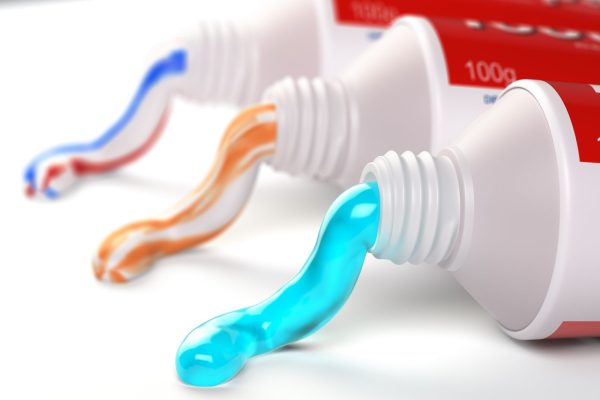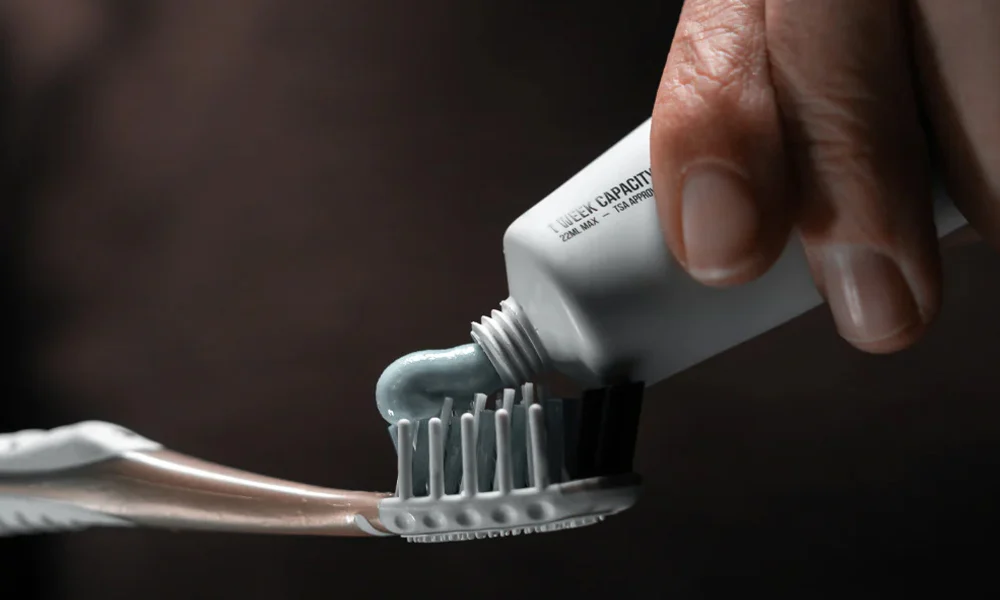Tooth sensitivity is a widespread dental problem as told by a family dentist in Montville, NJ that many people face. Sensitive or aching experience when ingesting something that is hot, cold, sweet, or acidic. One of the important steps in managing sensitive teeth is choosing the correct toothpaste. Throughout this post, we will touch upon the things that cause sensitive teeth and what you should look for in toothpaste when purchasing a brush-on desensitizer.
What is Tooth Sensitivity
Tooth sensitivity is a sharp pain that strikes when the protective enamel on the teeth wears down and exposes underlying dentine. The concrete-like enamel is formed on the surface of a dentine shell, which encases each tooth’s nerve endings in tiny tubules. These tubules can sense temperature changes or when you eat certain foods, making the tooth hurt.
Reasons for Tooth Sensitivity
- Enamel Erosion: Citric fruits, soda, and wine all contain acid which will gradually wear away at the protective thin layer of enamel over our teeth.
- Gum Recession: Periodontal disease or just simple aggressive brushing can lead to recession of the gums and exposure of roots.
- Tooth Decay: Increased sensitivity to hot and cold, due to damaged teeth.
- Teeth Grinding: The biting, chewing, and grinding of the teeth can erode enamel as well over time – bruxism (teeth clenching or grinding) can slowly wear down your tooth’s protective surface.
What are the Key Components of Toothpaste for Sensitive Teeth
Here are the ingredients you should be on the lookout for when picking a toothpaste that is suited to sensitive teeth:
- Potassium Nitrate: Potassium nitrate reduces the sensitivity of nerves within teeth to help relieve pain. It is one of the best ingredients to keep sensitivity under control.
- Stannous Fluoride: It is reinforced with stannous fluoride to protect the exposed dentine and enamel. It is also known for its antibacterial properties that protect against periodontal diseases.
- Strontium Chloride: It blocks the tubules in dentine so that stimuli transmission to nerves is minimized.
- Calcium Phosphate: The key to this ingredient is remineralizing enamel and strengthening it, which ultimately stops teeth from becoming sensitive over time.
- Arginine: Seal the dentine tubules, along with reducing sensitivity contain arginine an amino acid.
What Kind of Toothpaste Should You Choose?

- Consult Your Dentist: Before choosing a toothpaste, speak to your dentist so you can get recommendations that fit the exact cause of your sensitivity.
- Check for ADA Seal: Look for the ADA Seal of Acceptance, which means that toothpaste has been proven safe and effective.
- Consider Your Needs: If you are also worried about your gum health, tartar control or dry mouth be sure to use a toothpaste that has sensitivity in addition to these options.
- Read Labels: Look for toothpaste that is specifically made to be used on sensitive teeth and also pay attention to the active ingredient.
- Avoid Whitening Toothpaste: Toothpaste designed to whiten teeth is abrasive and can make sensitivity worse. Choose a toothpaste that is meant for sensitive teeth instead.
Picking the correct toothpaste for sensitive teeth can also boost your quality of life, as it will help to decrease any pain you are feeling and stop additional enamel from being worn away. Awareness in Montville, NJ is key to understanding tooth sensitivity and choosing the right ingredient for you. Get a recommendation from the dentist for your special case and always take care of your teeth so they are not only healthy but also free of pain. By looking after your oral health you can effectively control sensitivity and more importantly, smile with confidence.

